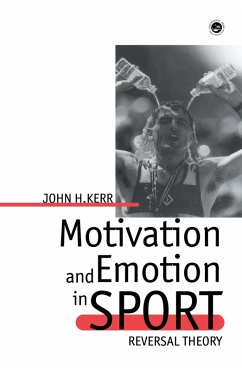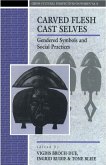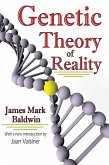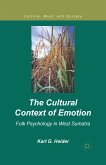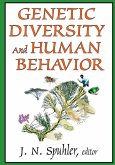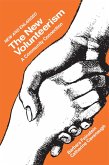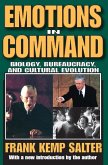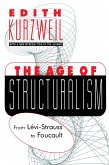First Published in 2004. Why did Michael Jordan quit basketball and take up baseball? Why was Martina Navratilova so successful as a professional tennis player? Why did Diego Maradona take performance enhancing drugs during the 1994 soccer World Cup? Why did ice-skater Tonya Harding involve herself in physical attacks on her Olympic rival Nancy Kerrigan? These and many other questions about aspects of motivation and emotion in sport are addressed in this book. The theoretical background to the book is provided by reversal theory, a general psychological theory which is demonstrating its usefulness and versatility as it is being increasingly applied within sport psychology. Reversal theory's systematic conceptual framework allows a unique perspective for interpreting behaviour in sport contexts. Topics discussed include the motivation behind individual participation in different types of sport and the special attraction of dangerous sports; the psychological processes involved in winning and losing in competitive sport; the enjoyment of being aggressive and violent in team contact sports; the maintenance and enhancement of individual well-being, including stress management and coping through sport and exercise; problems which may arise as result of over-participation; and stress, burnout, and overload in competitive sport. Real-life examples are combined with research findings to provide an understanding of the emotional background and changes which accompany the individual's unique experience in sport. In addition, suggestions as to applications of reversal theory in new areas of sport psychology and the future direction of reversal theory-based sport research are outlined. For those interested in a truly insightful understanding of human behaviour in sport, this book will be required reading.
Dieser Download kann aus rechtlichen Gründen nur mit Rechnungsadresse in A, B, BG, CY, CZ, D, DK, EW, E, FIN, F, GR, HR, H, IRL, I, LT, L, LR, M, NL, PL, P, R, S, SLO, SK ausgeliefert werden.

